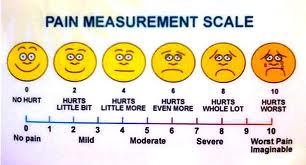 A full moon still glowed in early morning sky as I stepped into the cold to take Tetley out for his walk. Something about the quality of the light or the air or the moment, brought me back to a scene from more than twenty years ago.
A full moon still glowed in early morning sky as I stepped into the cold to take Tetley out for his walk. Something about the quality of the light or the air or the moment, brought me back to a scene from more than twenty years ago.
The man I loved had married another. Heartbroken, I retreated from my life in NYC for a weekend at a yoga ashram in upstate New York. After a few days of solitude and meditation, surrounded by winter fields and more sky than NYC allows, my every pore seemed to vibrate. On a frigid early morning with a moon still on the horizon, I walked out into the surrounding fields of the ashram. I felt as if I had been cracked open, I imagined my sadness might flood the frozen pastures.
Yet, I felt a healing. With every breath, I consciously sent the wrenching pain squeezing my heart off with the disappearing clouds of my exhalations. The moon seemed to speak to me as did the frozen grass crunching underfoot, each step, now a comfort. Even as I felt like I might die of a silent hemorrhage of the heart, I felt completely and beautifully alive. My pain brought me there – a pain that now, I perceive as exquisite. Certainly, it is the twenty years time that allows me to remember it so, rather than be swept away again into the desperate sadness that at the time I feared might drown me.
The thought of anguish as a road to spiritual understanding – as something exquisite – sticks with me, inspired by this random memory of a wintry morning. Pain of the heart and spirit is certainly on any map we choose to follow in life. There is no alternative route, no way around it. I still dread those turns in the road. But today I am reminded of the incredible clarity and beauty, almost a kind of spiritual trance that can lead us, if not away from our pain, to a place of peace. Like that morning so many years ago: the crystalline threads of my breath disappearing into the cold morning air, held the promise that all things must pass.








